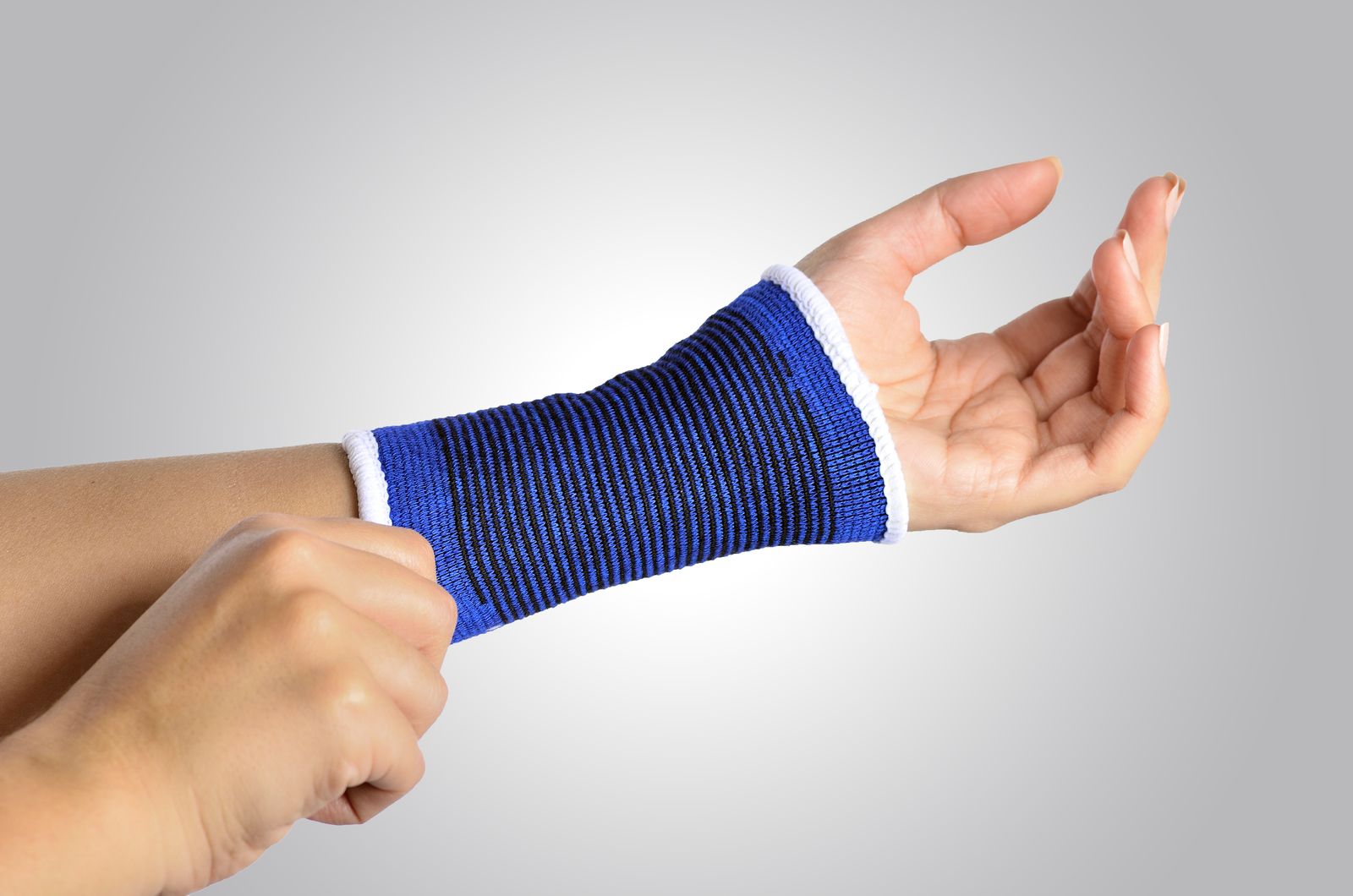Explore the connection between Humira, arthritis, and accidents in the workplace
Rheumatoid arthritis (RA) is an autoimmune disorder that causes inflammation of the joints that can lead to joint damage and disability if it is not well-controlled. It occurs when the body’s immune system mistakenly attacks the joints, causing pain, swelling and stiffness.
RA can affect people of all ages, but it is most commonly diagnosed in middle-aged adults. In addition to joint pain, swelling and stiffness, other symptoms of RA may include fatigue, loss of appetite, and low-grade fever.
Although RA can not be cured, it can be managed with medications (such as Humira) and lifestyle changes such as exercise and stress management.
Managing a chronic illness in the workplace
Dealing with a chronic illness like arthritis in the workplace can be challenging, especially if the condition causes physical or mental symptoms that can impact job performance.
Many people with rheumatoid arthritis find it difficult to work. If you work in a job where you have to frequently use your hands or fingers, it might be hard to hold pens or other small items. It might also be challenging to stand for long periods or sit for longer than an hour without getting up and moving around.
Some people also develop severe fatigue from rheumatoid arthritis that makes it hard to get through the day without taking frequent breaks. In some cases, people with RA may not be able to work at all because their symptoms may be too severe.
Is work-related arthritis covered by workers’ compensation in Georgia? Learn about the obstacles injured workers must overcome to get compensation.
What is Humira?
Humira (adalimumab) is a prescription medication used to treat various inflammatory conditions, including:
- Rheumatoid arthritis
- Crohn’s disease
- Ulcerative colitis
- Ankylosing spondylitis
- Plaque psoriasis
- Hidradenitis suppurativa
It’s a type of drug known as a TNF inhibitor, which works by blocking the action of a protein called tumor necrosis factor (TNF) in the body. TNF is involved in the inflammation process, and by blocking it, Humira can help reduce inflammation and improve symptoms.
Humira is given as an injection by a healthcare provider, usually once or twice a week. It is essential to follow your healthcare provider’s instructions when taking Humira and to report any side effects or concerns to your healthcare team.
Side effects of Humira
Like all medications, Humira can cause side effects.
Injection site reactions are the most common adverse event associated with the use of Humira. In clinical studies, approximately 20% of patients treated with Humira experienced injection site reactions compared to about 14% of placebo-treated patients.
Other common side effects of Humira include the following:
- Headache
- Diarrhea
- Nausea
- Vomiting
- Common cold symptoms, like a stuffy nose and sneezing
- Headache
- Rash or hives on your skin (in some cases, the rash may be severe)
What serious side effects can result from Humira use?
Humira can also cause serious, life-threatening side effects, including severe infections and allergic reactions. Other serious side effects of Humira include:
- Nervous system problems, such as multiple sclerosis and Guillain-Barré syndrome. Symptoms can include dizziness, tingling or numbness, a weakness that affects your arms or legs and vision problems.
- Blood cell problems, such as aplastic anemia. Symptoms can include bruising, bleeding more quickly than usual, fever that doesn’t go away and pale skin.
- Heart failure. Symptoms can include swelling in your ankles or feet, sudden weight gain and shortness of breath.
- Lupus-like syndrome, also known as drug-induced lupus. Symptoms can include chest discomfort or pain that doesn’t go away, joint pain, a rash on your arms or cheeks that gets worse with sunlight exposure and shortness of breath.
Humira’s side effects can significantly affect your ability to work and may increase
the likelihood of an on-the-job accident.
If you suffer an injury at work, contact an experienced workers’ compensation attorney to explain your rights and help you file a claim.
How Humira could increase the likelihood of workplace injuries
On its own, Humira isn’t necessarily going to prevent someone from working. However, Humira can result in side effects like dizziness, headaches and weakness that make it unsafe for certain people to work.
For example, if your job duties include operating heavy machinery or working at great heights, these side effects of Humira could result in serious injury or death.
Additionally, because Humira is an immunosuppressive drug, it suppresses a patient’s immune system and lowers their ability to fight off infections, making them more susceptible to diseases like sepsis and pneumonia.
Find out how to prove that it’s job-related and get maximum compensation.
Strategies to help manage Humira side effects
in the workplace
If you’re taking Humira and experiencing side effects that are impacting your ability to work, these strategies can help you remain productive:
- Communicate with your coworkers and supervisors. Let your coworkers and supervisors know about the side effects you’re experiencing and how they impact your work. This can help them to understand any changes in your performance and provide you with additional support.
- Take breaks as needed. If you’re tired or experiencing joint pain, take breaks to rest and recharge. This could involve taking short breaks throughout the day to stretch or taking a more extended break to rest or nap.
-
Seek accommodations. If Humira’s side effects significantly impact your ability to work, you may be eligible for accommodations under the Americans with Disabilities Act (ADA). These could include things like modified work schedules or equipment or changes to your job duties.
Consider discussing some of the following accommodations with your employer:
- A standing desk so you can alternate between sitting and standing
- A chair that is the right size and provides the necessary support
- A nearby parking space to reduce the distance walked on days when RA is flaring up
- A flexible work schedule that allows you to work from home or rest on days when symptoms are more severe
- A flexible dress code that allows for comfortable shoes on days when RA is causing foot pain.
Field Control Therapy (FCT) is a new alternative approach to medicine that could fundamentally change the workers’ comp system by promoting faster recovery, improved mobility and reduced pain.
Tips for protecting yourself from workplace injuries
Workplace injuries are a serious problem. According to the Occupational Safety and Health Administration (OSHA), more than 4.1 million workers are seriously injured on the job every year.
The best way to protect yourself from work-related injuries is to be aware of your surroundings and avoid hazardous situations.
Here are some ways you can protect yourself from workplace injuries:
- Get appropriate training. Safety training is crucial for protecting yourself from workplace injuries. First, you should know how to use all tools and equipment to do your job safely. Secondly, you should know what to do if something goes wrong with your equipment or an accident occurs in the workplace.
- Wear protective gear. Wearing appropriate protective gear not only prevents injuries but saves lives. Gloves and goggles help prevent cuts and eye irritation; hard hats help prevent head injuries; steel-toed boots help prevent foot injuries; and flame-retardant clothing protects against burns.
- Report hazardous conditions at work If something looks like it could cause an accident or injury (for example, if a machine is missing a safeguard or isn’t functioning properly), report it immediately so that others can take steps to avoid getting hurt.
- Take breaks as needed. Working for long periods without a break can increase the risk of injury, especially if you perform physically demanding tasks. It is essential to take breaks as needed to rest and recharge.
Practical advice for Georgia employers and workers to enhance workplace safety in offices, construction sites, warehouses, and other work environments.
Contact a workers’ compensation attorney
Chronic illnesses are a fact of life for many people. Even though medical advances have made it easier for people with chronic illnesses to continue working, medication side effects and other issues still increase the likelihood of these workers experiencing on-the-job injuries.





